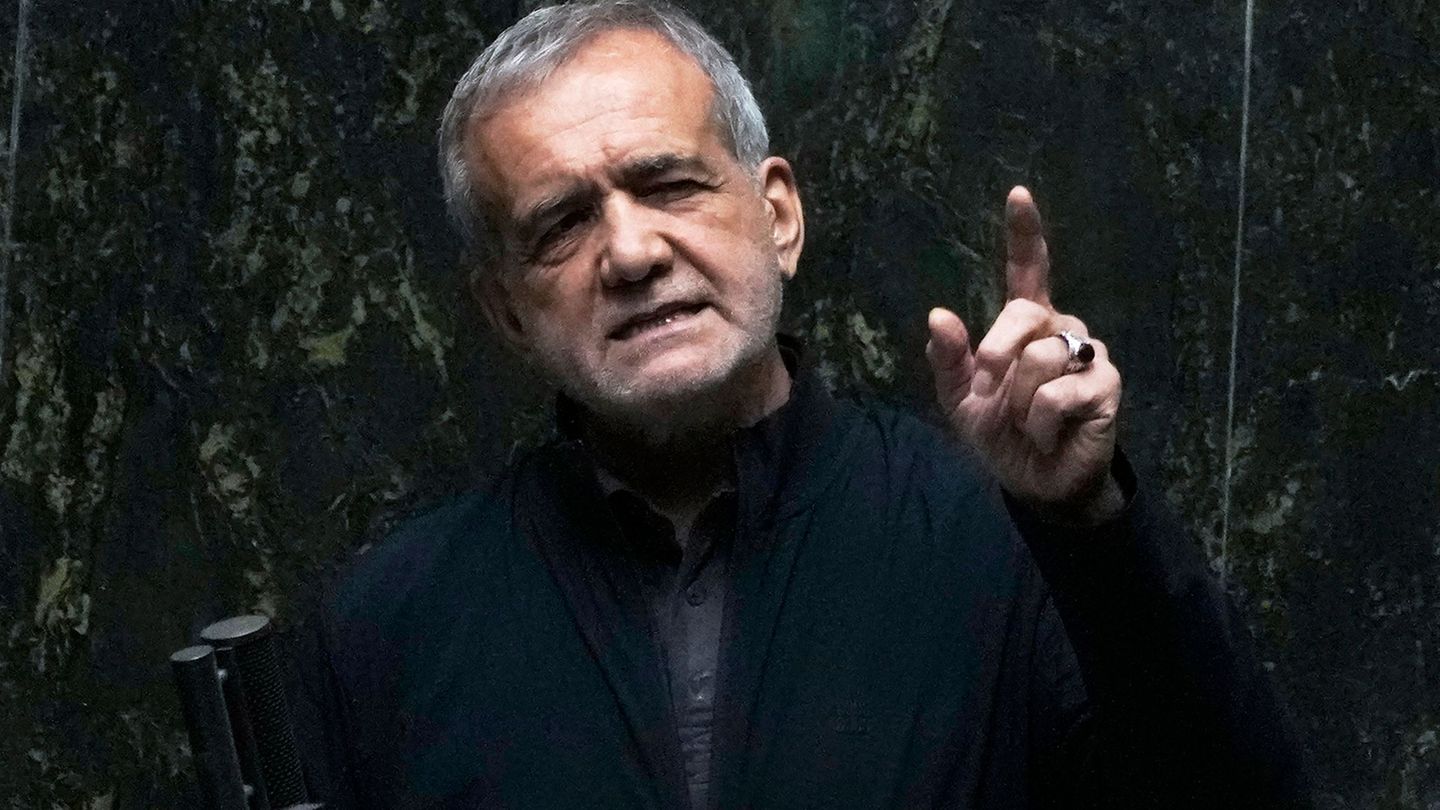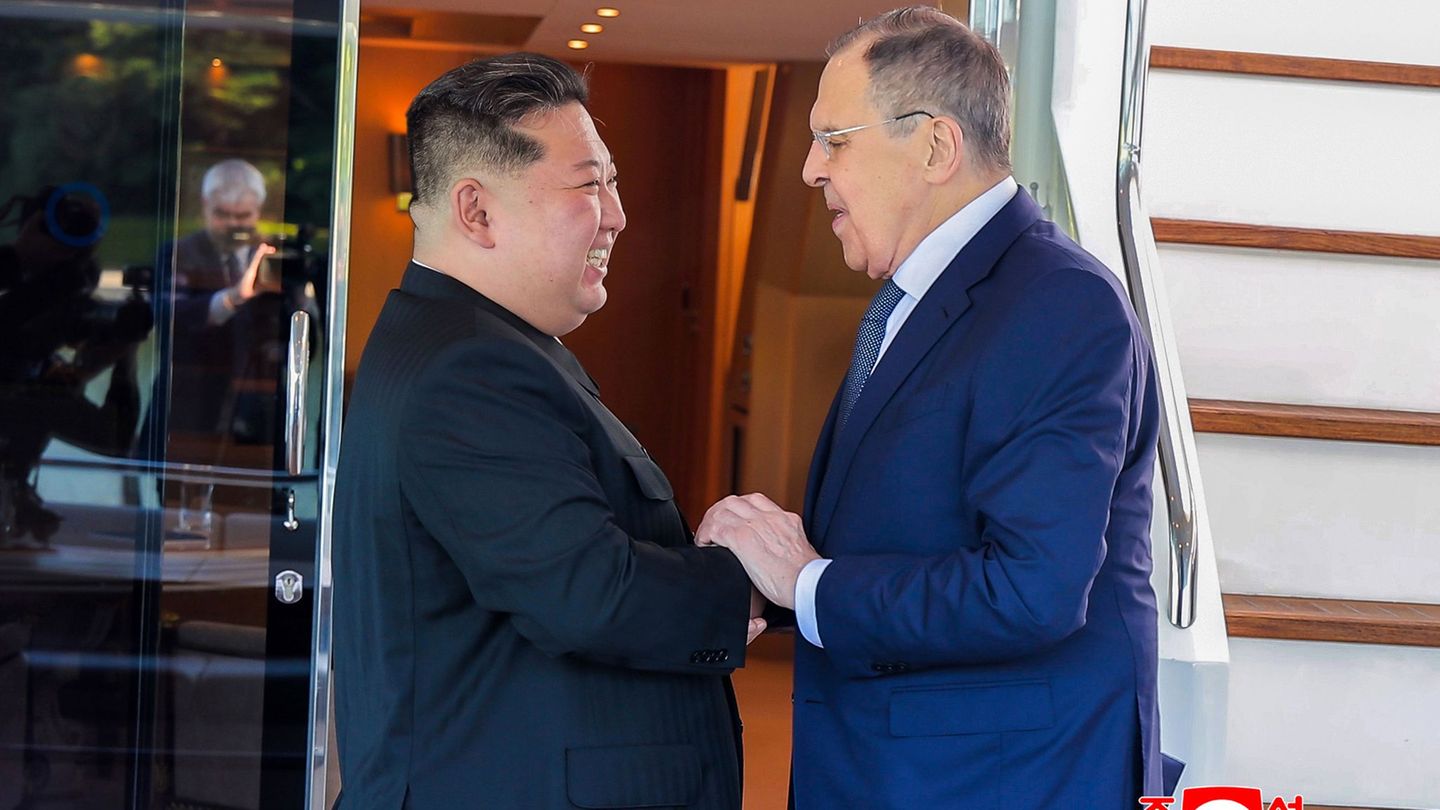The coalition leaders have barely agreed on the draft budget for 2025 when the debate about improvements flares up. The SPD general secretary dreams of a “little summer break”.
After the traffic light coalition leaders agreed on a draft budget, SPD General Secretary Kevin Kühnert hopes that the debate will come to an end, at least temporarily. “Concrete discussions about corrections to the budget will only make sense once the cabinet’s draft budget has been approved. That will be the case on July 17,” Kühnert told the Düsseldorf “Rheinische Post”. “At least until then, Berlin’s political establishment should treat itself and the people of the state to a little summer break.”
Chancellor Olaf Scholz (SPD), Economics Minister Robert Habeck (Greens) and Finance Minister Christian Lindner (FDP) settled the budget dispute that had been simmering for months on Friday night and agreed on key points for the federal budget for 2025. The debt brake will be adhered to, and no budgetary emergency has been identified, for example due to spending on military and humanitarian support for Ukraine. This was important to the FDP and its Finance Minister Christian Lindner.
Defense Minister Boris Pistorius (SPD), who had called for an increase in the defense budget of more than six billion euros, was unable to get his way. He was only granted an increase of 1.2 billion euros. This has been criticized, including by the traffic light coalition. SPD budget expert Andreas Schwarz has already called for “significant improvements” to be made in the parliamentary process.
Inspector General Carsten Breuer now expects guarantees for a significant increase in the coming years. “In view of the threat situation, we need a continuation,” Breuer told the “Süddeutsche Zeitung”. The 100 billion special fund will be fully contractually committed by the end of the year. With the acquisition of new weapons systems, operating costs also rise. “What use is new equipment if the soldiers can’t operate it?”
The Inspector General warns that Russia could turn against NATO states around 2029, which is why deterrence is so important. “Russia is currently building up a potential that goes far beyond what it would need for the war of aggression in Ukraine. The Russian armed forces are planning to increase their numbers to 1.5 million soldiers, which is more than in the entire EU,” said Breuer.
Kühnert describes the compromise reached by the traffic light coalition leaders as a “good basis” for further budget discussions. “Of course, the German Bundestag will make smaller and larger changes to the budget in the autumn, that is quite normal,” he told the “Rheinische Post”. The Greens have already made it clear that they expect difficult negotiations in the Bundestag in several areas.
Leading Green Party finance and budget politicians are calling for higher investments, among other things. “The railway must be better financed,” said Green Party budget expert Sven-Christian Kindler to the “Süddeutsche Zeitung”. The government must guarantee the renovation of the most important routes. “I don’t understand why the finance minister is not using all the options within the framework of the debt brake to enable more investment in the rail infrastructure. That is a mistake.”
Green Party deputy Andreas Audretsch told the paper: “Germany cannot afford to cut costs to the point of ruin.” All avenues for more investment must now be exploited to the maximum, whether in the individual budgets, at the railways or via the KfW. “We will have to invest more in order to deal with the threats, protect our democracy and secure our prosperity.”
The head of the Munich Security Conference, Christoph Heusgen, is calling for an open debate about the extent to which Germany is prepared to make sacrifices in order to increase its own security. But politicians are shying away from this discussion, Heusgen told the Redaktionsnetzwerk Deutschland (RND). “We need a discussion about how much security is worth to us and what we are willing to forego if we anchor the two percent in the budget in the long term.” This refers to NATO’s requirement for its member states to spend at least two percent of their gross domestic product on defense.
Source: Stern
I have been working in the news industry for over 6 years, first as a reporter and now as an editor. I have covered politics extensively, and my work has appeared in major newspapers and online news outlets around the world. In addition to my writing, I also contribute regularly to 24 Hours World.




